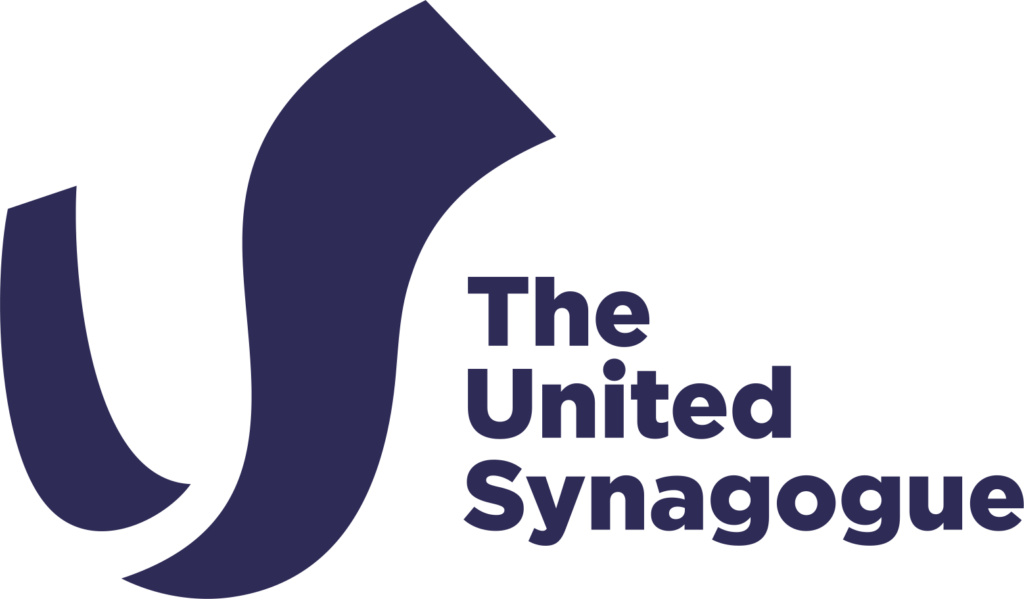I recently returned from a trip to Israel to visit family and friends. Life in Israel is very hard at the moment. People are determined to keep going (they don’t really have much alternative) but you don’t need to dig down very deep to find the difficulties that they are having to deal with. I was particularly sensitive to the lives of the women around me and their challenges as I’m preparing for US Women’s Shabbat on 7th & 8th February.
Even as we arrived at the airport, it was clear that this is a country that is hurting. The corridor was lined with posters of the hostages – many names and photos familiar from being ‘adopted’ by many of our/US communities and printed in the weekly newsletters. Their faces were also shown on the screens of the electronic passport machines – a shocking juxtaposition as we travel freely and they’re still trapped in danger after more than a year.
The check-in process at our Tel Aviv hotel was a little different too although the receptionist was typically Israeli in his nonchalance. “Breakfast is from 7am, check out is at 11am and the bomb shelter is opposite your bedroom.” As we discovered at 4am the next morning, that means the fire exit staircase which is the strongest part of the building. We were dragged from our sleep by sirens – and I blearily staggered to the doorway, completely forgetting to check about my son who was sleeping in the next room. So much for maternal instinct. Thank goodness my sister had advised us to bring pyjamas – new Israeli etiquette is that you don’t refer to the interesting range of clothes on display when you meet your fellow hotel guests the next morning.
I really felt for the parents of Tel Aviv (and beyond) who have been doing this on an almost nightly basis – not easy with armfuls of babies and distressed children. We also felt exhausted the next morning; it was difficult to get back to sleep after being disturbed, and again this takes a toll when it’s repeated night after night, with school and work carrying on the next morning regardless.
Tel Aviv was quieter than usual – we saw shops and restaurants boarded up, no doubt due to the financial pressures on business owners who are seconded to the army, and the Israeli population going out less and cutting back on their spending as prices rise (with VAT just increased from 1st January – war is expensive and leaves less money for discretionary spending). We did enjoy several delicious meals out and did our best to support the Israeli economy with our purchases, but it’s going to take Israel a long time to recover from the military expenses of the past year.
The theme of US Women’s Shabbat this year is Eishet Chayil – the Strength of Women. What does valour look like in 2024? We saw female soldiers alongside their male counterparts as we travelled around the country, but heroism comes in many colours apart from khaki.
While I was away, I heard about many women who have been incredibly active in their communities in different ways. Some are still cooking for 20-30 soldiers every Shabbat, so that they get a tasty, nourishing meal wherever they are stationed.
When soldiers are injured, they can spend weeks in hospital far from their homes, and their families need accommodation or childcare to spend time with them. Even once they’re back home, rehabilitation and recovery will take months or years, and the burden for caring falls on their wives.
When my sister arrived at her fitness class, she asks her friend “who’s in?”, meaning which of her sons has been mobilised to fight in the army or defend our borders and which of her daughters is dealing with her husband leaving, sometimes at short notice or for an indeterminate time, leaving her to juggle practical issues like childcare as well as the emotional burden of dealing with stressed and anxious family members for weeks on end.
At a Torah learning class, an elderly woman recited the dedication to the safety of the hostages and soldiers, and speedy recovery for the wounded, much like in many of our communities, but this time it included her own grandson who was sadly killed in action.
Many people are raising funds or coming up with creative ideas to ‘pamper’ soldiers’ wives, sometimes known as Miluimamas. They appreciate the chance to relax for an hour or two in a group of people who share their challenges, or to enjoy a Shabbat meal that has been donated. It shows them that they’re part of a wider community who cares about them and understands the difficulties that they’re going through.
We’re part of that community too – we were told how much it helps people in Israel to know that we are still thinking and praying for them.
P.S. Since writing this article, we have seen the wonderful release of the Israeli women hostages (and now Thai men too), and the ceasefires in Gaza and Lebanon are offering a break from the rockets for now. People in Israel are hopeful but unfortunately realistic about the chances of long-term meaningful peace with those who surround the country and still wish for war.
Naomi Cohen, Community Development Manager, United Synagogue
Join us for US Women’s Shabbat 2025:
- Click here to see some of the events being organised by our communities. Why not check out what’s happening where you live?
- Join us online on Thursday 6 February at 2pm for ‘Women at Willesden’, a presentation from the award-winning House of Life team at Willesden Jewish Cemetery about noteworthy Jewish women who helped change history through their philanthropy, scientific and business achievements, and made a significant impact, not only within the Jewish community but to British society more broadly. This is a free event and you can sign up here.
- Join us after Shabbat on Saturday 8 February from 7-8pm for ‘Women with Herts’, an evening of singing, unity, light and inspiration. As we bid farewell to US Women’s Shabbat, women will come together to create special gifts for women who have been adversely affected by the war in Israel. Click here for more info and to book.
- We’ve also made a beautiful Eishet Chayil card with more information about this year’s theme and the traditional prayer said in many homes on Friday night celebrating the virtues of women, their strength and wisdom. Click here to download it.
- If you want any ideas or support for women in your community, then please do get in touch with me via ncohen@theus.org.uk.

